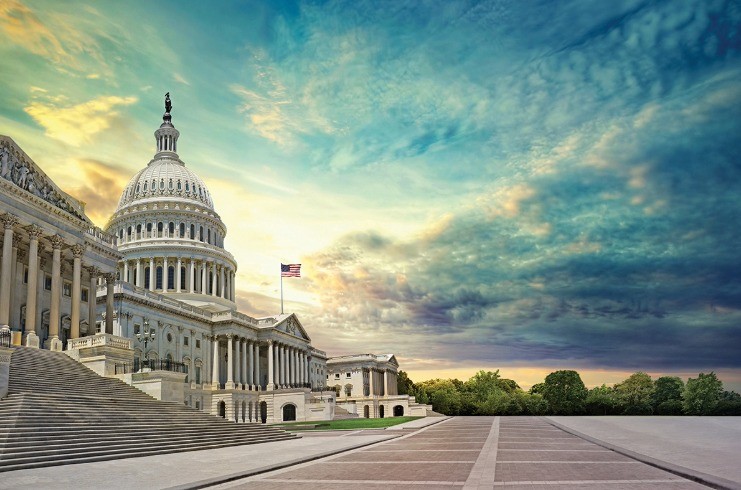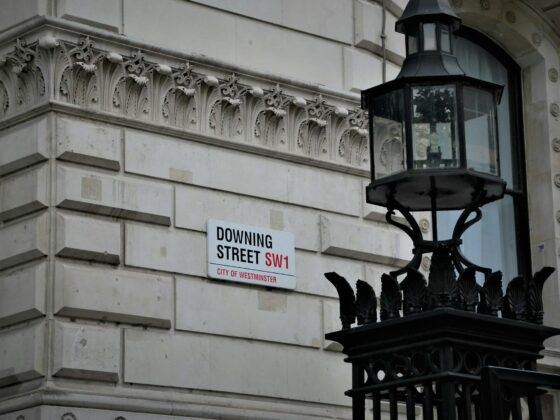
As the 119th Congress began, no issue was more important to the American Hotel & Lodging Association than ensuring that tax policies critically important to hoteliers did not expire at the end of the year, leading to potentially ruinous increases for owners. AHLA, our partner state associations, and our members began working with legislators and Congressional staff more than a year ago to prevent those lapses and give the industry long-term tax certainty and relief.
Those efforts focused not only on Capitol Hill, but on the grassroots as well. AHLA organized countless meetings in Congressional offices, both individually and through our Hotels on the Hill fly-in, when hundreds of our members showed up to make their case in Washington. Across the country, hoteliers invited their lawmakers to see the impact of tax policies firsthand through Heart of the House tours and sent emails and made calls at pivotal moments throughout an intense legislative process.
Our work paid off on July 4, when President Donald Trump signed into law provisions that extend and make the pro-business policies of the 2017 Tax Cuts and Jobs Act (TCJA) permanent. The new law provides hoteliers with certainty that enables them to plan for the future and reinvest in their businesses, fueling economic growth across their communities.
The provisions most important to the industry include:
- Pass-through deduction permanency. A permanent revision to Section 199A of the tax code preserves the ability of business owners to take a 20 percent qualified business income deduction from their individual federal tax income returns. This provision is particularly important to small-business hotel owners, providing a level of tax parity for sole proprietorships, partnerships, S corporations, and limited liability companies. Without Congress acting, this provision would have expired at the end of 2025.
- 100 percent bonus depreciation permanency. The ability to deduct the value of eligible assets was by law phasing out completely by 2027. Under the new law, hoteliers retain the ability to fully deduct eligible assets such as furniture, software, and other property upgrades in the year in which they are put into service. This provision aligns tax incentives with the economic impact of these investments on both hotels and their local communities.
- No Tax on Tips. This initiative, championed by the White House and endorsed by AHLA, will allow an estimated 800,000 members of the hotel and lodging industry who receive tips as part of their compensation to take home more of their income. It will remain in effect through 2028.
- Preserving Section 1031, the so-called “like-kind exchange.” Section 1031 defers the capital gains tax on real estate at point of sale, which helps hoteliers reinvest and grow their businesses.
- No backdoor tax increases. Congress faced difficult decisions about how to pay for various elements of the tax package, but dismissed several that would have been particularly harmful to the hotel industry: changing the treatment of the state and local tax deduction for businesses, modifying individual and marginal tax rates, and changing the treatment of carried interest, among others. AHLA’s advocacy helped ensure that the final law included none of these “pay-fors,” thus preventing tax increases on hoteliers.
Securing this strong and reliable tax framework for our members was an urgent imperative for AHLA. In the weeks and months ahead, we’ll be providing additional information and guidance to our members about the new law’s implementation. We’ll also continue our work on the industry’s policy goals in other areas, such as building a stronger workforce and fighting onerous regulations. Washington’s work never ends—which means that AHLA’s advocacy doesn’t stop, either.









